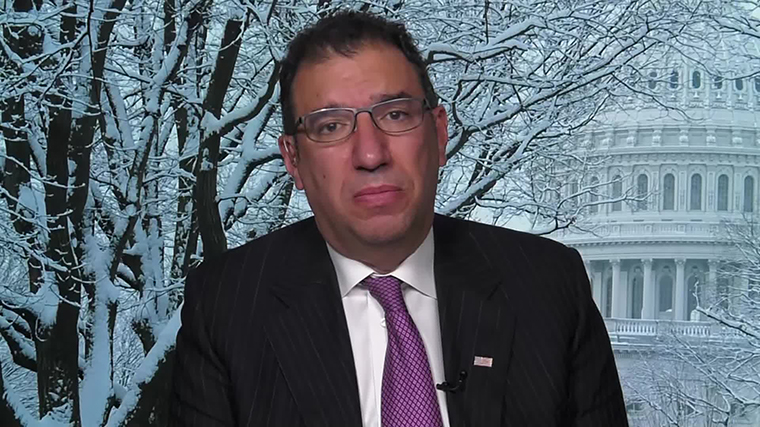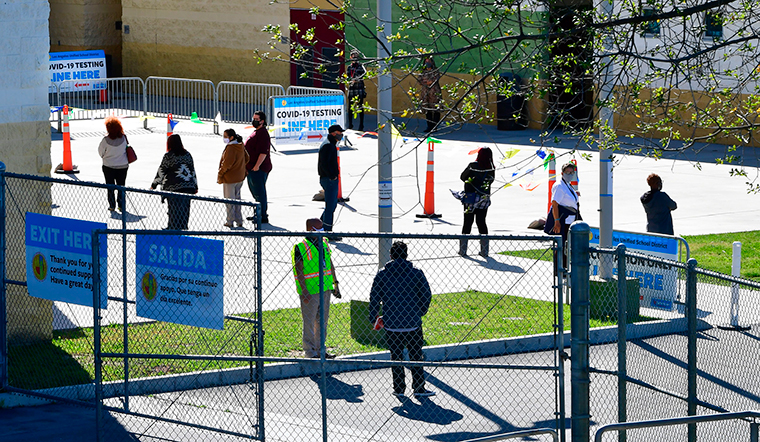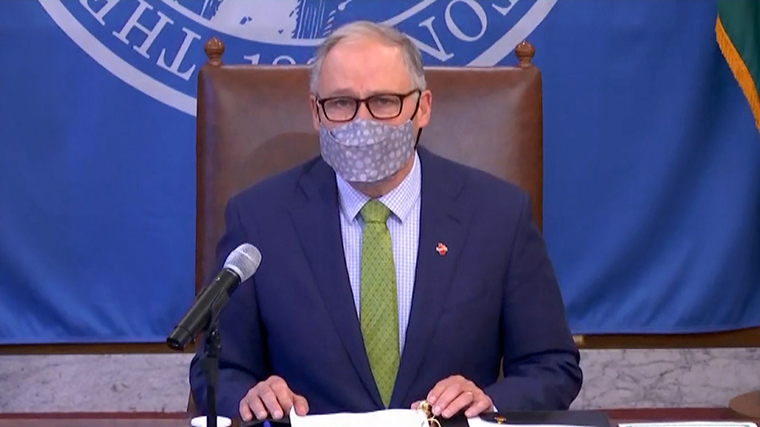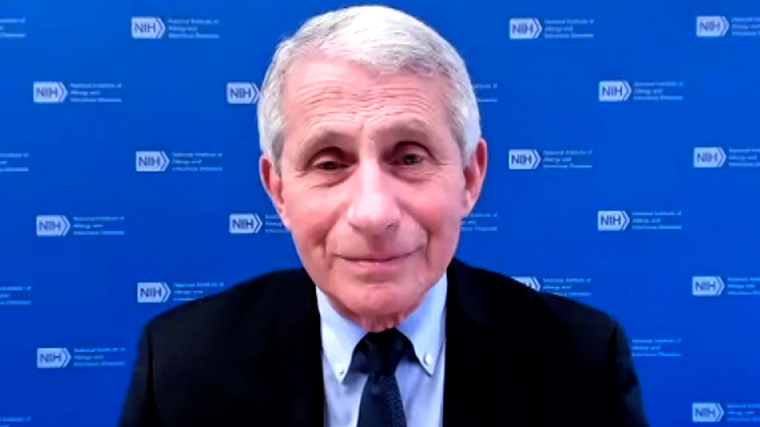Vaccine maker Pfizer is adding a facility in Kansas to its Covid-19 fill-finish vaccine production process and expanding its vaccine production capabilities at locations in Michigan and Connecticut, the company's CEO, Albert Bourla, said during a news conference Friday.
“As part of this expansion, we are adding a new formulation suite here in Kalamazoo…lipid production capabilities in both Kalamazoo and at our site in Groton Connecticut, and fill-finish lines at our site in McPherson, Kansas," Bourla said.
The news conference was held jointly with President Biden after he had toured the Kalamazoo site.
Bourla added the company is also increasing the supply of raw materials from existing suppliers and bringing on new suppliers.
He added that improvements have allowed the company to increase production.
“We have improved our processes to double the batch size and increase yield, and we have deployed more efficient lab test methods to reduce release times,” Bourla said.
Bourla said that these improvements have allowed the company to reduce their timelines ”from approximately 110 days from start to vial ready” and are now closer to “an average of 60 days, which is an almost 50% improvement.”
Over the next few weeks, Bourla expects to increase the number of doses produced for the US, “from an average of 5 million doses per week, which is the average until now, to more than double of that number, starting from the next couple of weeks."
CNN previously reported at the beginning of February that upgrades to Pfizer’s production process helped the vaccine maker double its output of coronavirus vaccine in the last month. At the time, Pfizer spokesperson Amy Rose told CNN that Pfizer expected production time to be cut nearly in half, from 110 days to an average of 60 days for one batch of Covid-19 vaccine. Pfizer said one batch is equal to between 1 to 3 million doses.







